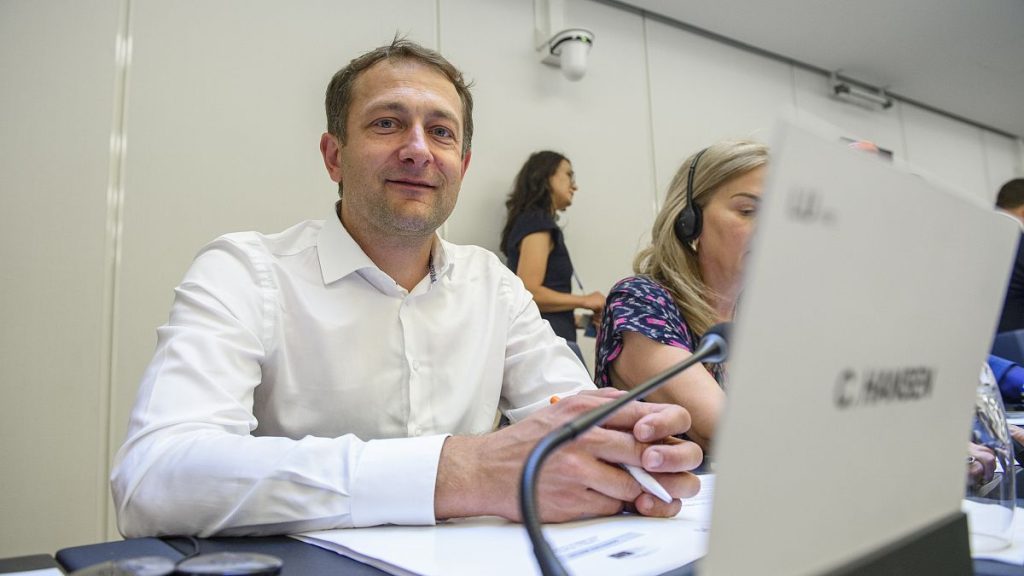Criticism has arisen regarding the farmer-centric approach of EU agriculture and food Commissioner-designate Christophe Hansen, with stakeholders from the food value chain expressing disappointment over his initial responses to MEPs. While Hansen has promised a comprehensive vision for agriculture and food in his first 100 days, many feel that his focus on agriculture neglects important food-related issues. Concerns have been raised about the lack of attention to food consumption, affordability, and the competitiveness of the food and drink industry in his responses.
The emphasis on farming in Hansen’s responses may be a result of the questions posed by the European Parliament’s agriculture committee, which traditionally prioritizes agricultural issues. However, stakeholders like food manufacturers organization FoodDrinkEurope believe that more attention should be given to the food sector, especially considering the challenges faced by SMEs and micro-enterprises within the industry. The focus on farmers may be influenced by recent political trends, such as farmers’ protests during European election campaigns and the European People’s Party’s positioning as a champion of farmers.
One key issue for Hansen is the livelihood of farmers, which he believes is affected by weak negotiating power and a lack of market transparency. He has committed to strengthening farmers’ bargaining power to prevent them from being forced to sell below production costs. This may involve a review of the Unfair Trade Practices (UTP) directive to address power imbalances in the food supply chain. However, retailers’ lobby Eurocommerce has cautioned against re-polarizing the food policy debate and called for a balanced representation of the entire value chain to ensure a fact-based understanding of its functioning.
Another area of concern for stakeholders is the lack of commitment to a sustainable food systems framework, a key goal of the previous Farm to Fork strategy that remains unfinished. Dropping this framework would be seen as misguided by stakeholders, who stress the importance of legal clarity, balanced obligations across the supply chain, and science-based standards to support sustainability. While Hansen’s focus on strengthening farmers’ incomes is important, there is a call for a broader perspective that includes the needs of the food and drink industry, as well as a balanced representation of the entire food value chain to ensure a sustainable and competitive European food sector.
In conclusion, the farmer-centric approach of EU agriculture and food Commissioner-designate Christophe Hansen has drawn criticism from stakeholders along the food value chain, who feel that his initial responses prioritize agriculture over other important food-related issues. While Hansen has committed to presenting a comprehensive vision for agriculture and food, there are concerns about the lack of attention to food consumption, affordability, and the competitiveness of the food and drink industry. The balance between supporting farmers and addressing the needs of the entire food value chain, including retailers and wholesalers, remains a key challenge for Hansen as he navigates the polarized food policy debate within the EU.


